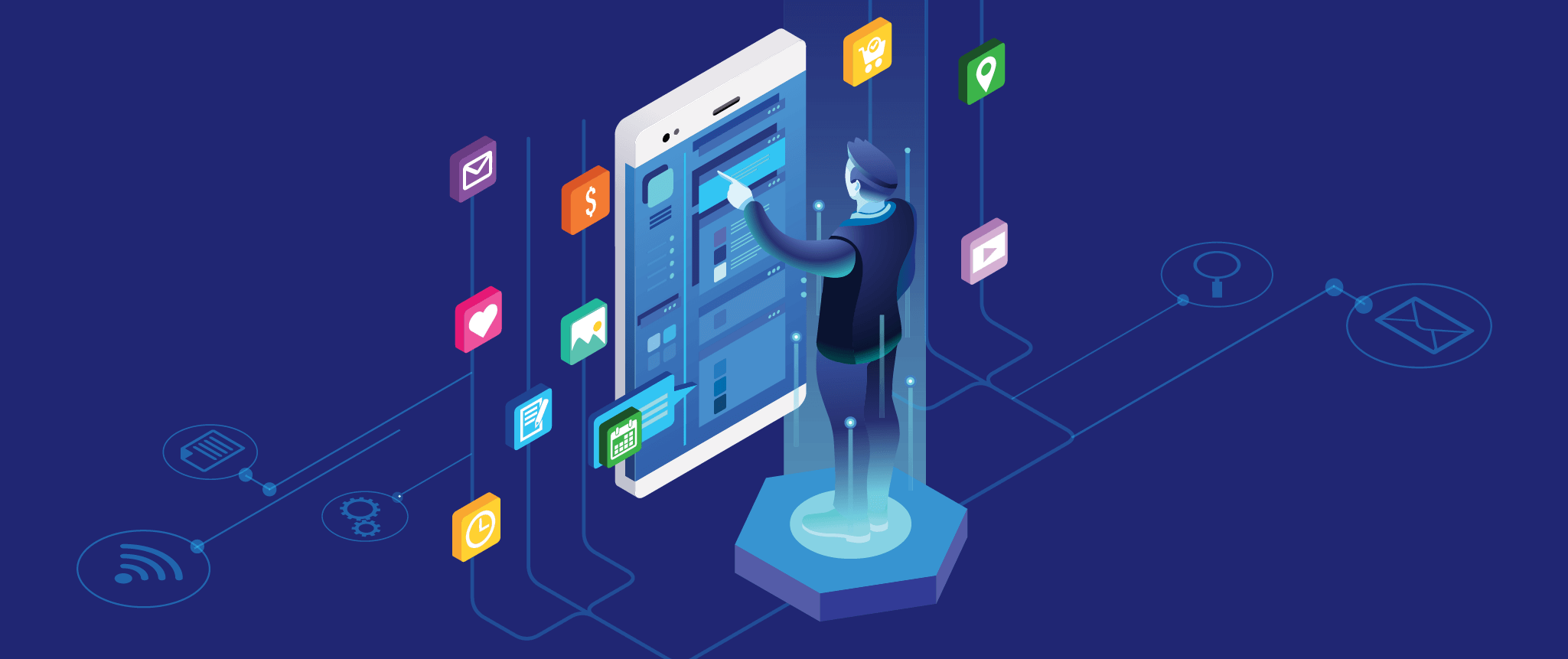Nuance Audio is a new option for people who resist traditional aids, from the company that makes Ray-Bans and operates LensCrafters.
Seekers of Meaning Podcast Posted Online March 7, 2025
What's Next Longevity Deal Talk Episode 32, January, 2025
Presentation: What's Next Longevity Venture Summit, June, 2025

 Consider Google and its tightly coupled products. You launch the search engine on your phone and are surprised to see all of these ‘news’ items about local topics that have appeared in your Gmail inbox. How personalized. A few years ago, a
Consider Google and its tightly coupled products. You launch the search engine on your phone and are surprised to see all of these ‘news’ items about local topics that have appeared in your Gmail inbox. How personalized. A few years ago, a  Our technology language and expectations change. One day a phenomenon that might once have seemed startling becomes so accepted that we scarcely notice what changed. Technology once perceived as innovative and useful, degenerates through actual usage into a worrisome trend that begs for individual and/or parental control – even inviting
Our technology language and expectations change. One day a phenomenon that might once have seemed startling becomes so accepted that we scarcely notice what changed. Technology once perceived as innovative and useful, degenerates through actual usage into a worrisome trend that begs for individual and/or parental control – even inviting  We should not accept that we are the product, always sharable. From
We should not accept that we are the product, always sharable. From  Apple recognizes that aging is at the core of a device/health strategy. Several features were announced at Apple’s developer conference this week that were specifically relevant for an older demographic. Perhaps that population, likely aged 70+, may not (yet) have an iPhone or an Apple Watch. Noting the tech adoption gaps cited by
Apple recognizes that aging is at the core of a device/health strategy. Several features were announced at Apple’s developer conference this week that were specifically relevant for an older demographic. Perhaps that population, likely aged 70+, may not (yet) have an iPhone or an Apple Watch. Noting the tech adoption gaps cited by First the ‘good news’ about tech adoption…
First the ‘good news’ about tech adoption…  The irony, the irony – everyone saw Europe’s data privacy initiatives. Why has this taken so long here? In a word –
The irony, the irony – everyone saw Europe’s data privacy initiatives. Why has this taken so long here? In a word –